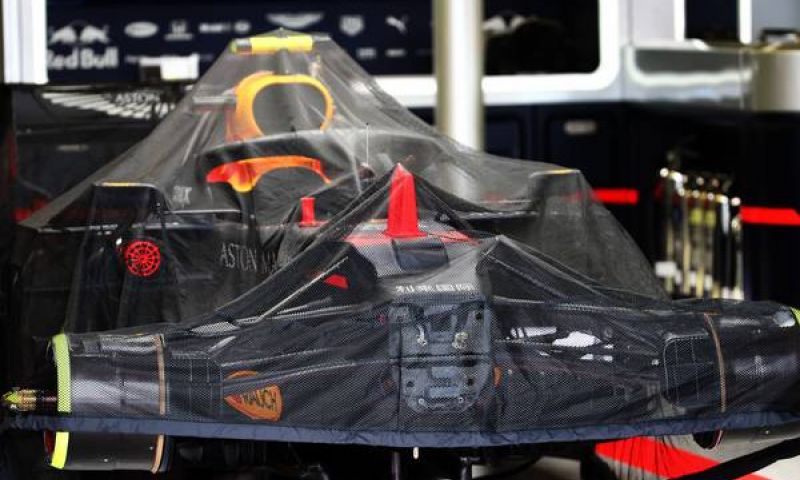F1 News

Red Bull and Ferrari do not agree to budget ceiling below 150 million
- GPblog.com
Because of the bizarre turn that the F1 season of 2020 has taken, many changes have been proposed in the regulations. Among other things, the budget ceiling of 175 million that would take effect from 2021 seems to be subject to change. A reduction of this amount no longer seems impossible. However, the teams opinion are divided.
Because of the coronavirus, this year's F1 calendar has been completely turned upside down. It has not yet been determined whether there will be raced at all this year, but the FIA is busy with a reclassification. In the meantime, all planned rule changes are being reviewed. What is feasible and how can the teams and employees remain financially healthy?
Auto Motor und Sport reports that an important solution can be found in the reduction of the planned budget ceiling. According to the medium, this reduction will also be implemented. There was already disagreement about the first plan of 175 million. In this plan there would be too many exceptions under which the budget would not fall. This would remain a major disadvantage for the smaller teams.
Red Bull and Ferrari against the proposal
The teams are busy talking to the FIA and FOM in order to reach an agreement. The first discussions about the possible reduction took more than than four hours. It emerged from this meeting that the majority of the teams would like to see a ceiling of around 100 million. In addition, they also ask for fewer exceptions for expenses that fall outside this budget.
McLaren, Renault, Racing Point, Williams, Alfa Romeo and Haas strongly agreed with eachother and proposed a ceiling of 100 million. Alpha Tauri tends towards the parent company but agrees in principle with this amount. Especially Ferrari and Red Bull seem to be on the contrary. The two teams do not want to agree on a budget cap below 150 million.
Reduction in phases
Mercedes keeps it in between. The German manufacturer considers 140 million to be a good cost cap. In any case, the field agrees that in the future the sport can't become even more expensive. According to AMuS it was suggested at the end of the discussion that a step-by-step reduction could work well.
In several years time there would be a reduction from 150 to 120 million. The smaller teams' argument for this was: "If we go down financially, many employees will lose their jobs head-on." In the step-by-step manner, this can in all likelihood be largely contained.

